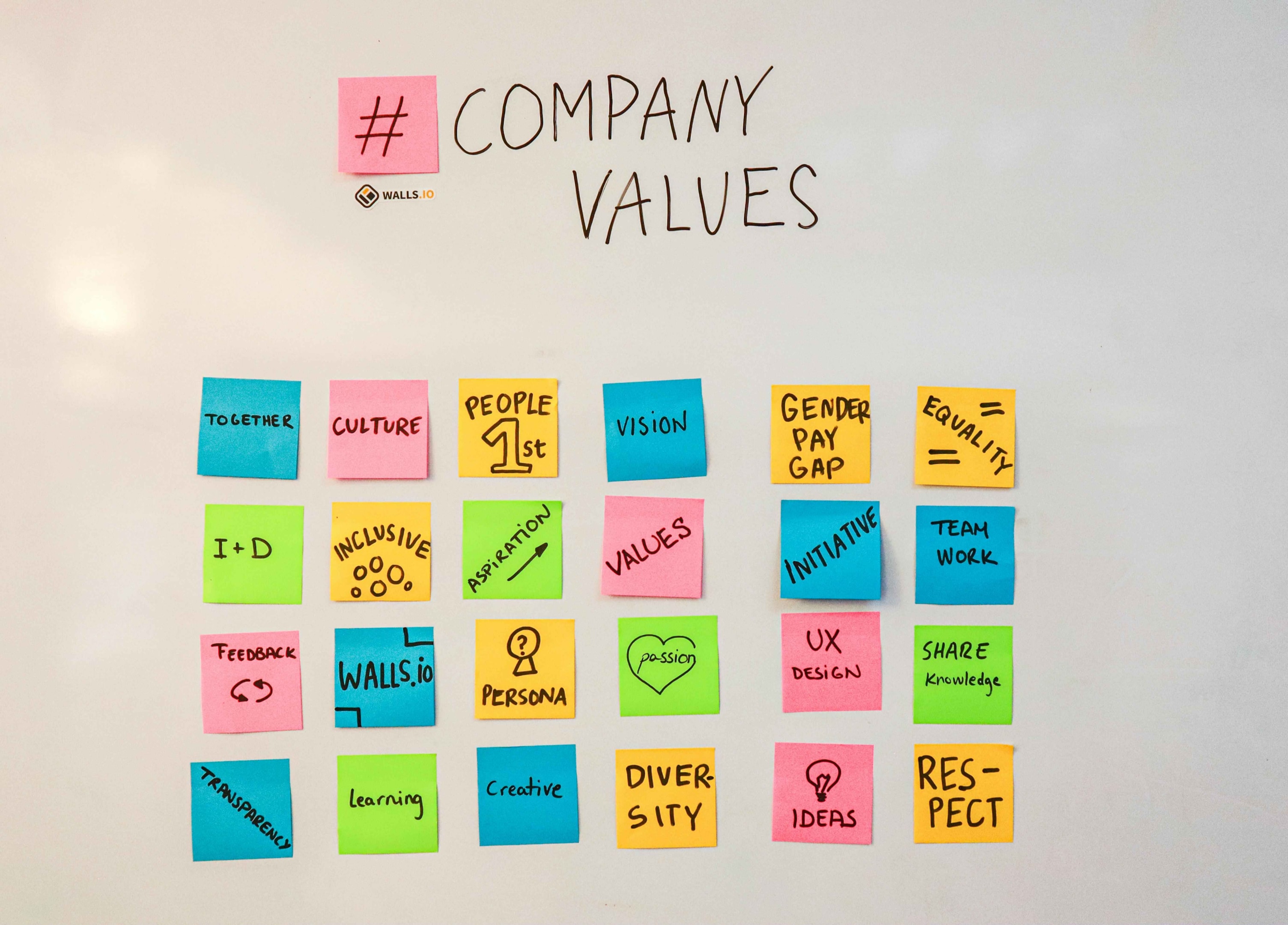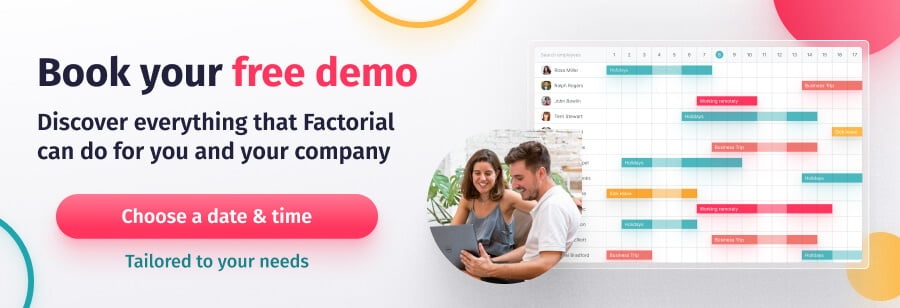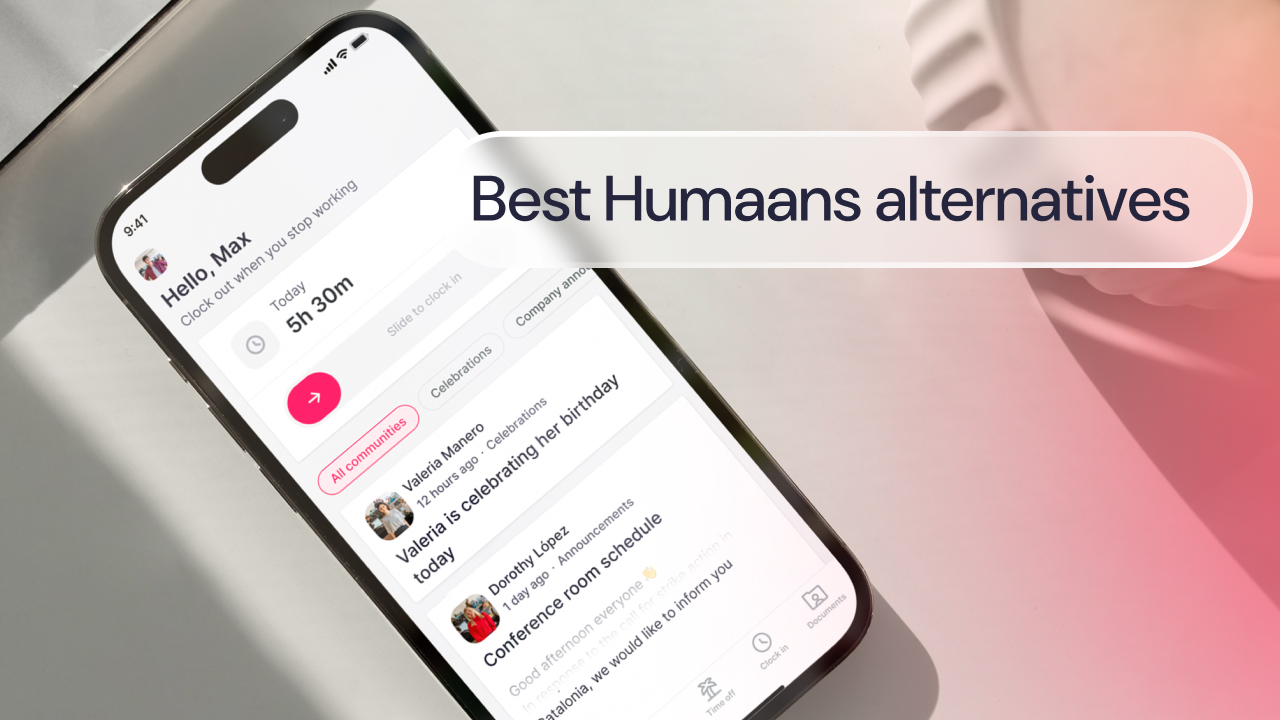When a business has identified a role that needs to be created or a vacancy that needs to be filled, the first step to ensuring suitable candidates are recruited is to write a detailed and comprehensive job description. A good job description will provide information about the role’s responsibilities, information about the company and practical details such as the salary and benefits, location and how to apply.
If you are considering recruiting an HR professional to work for your business, spending time working on the job description is a worthwhile investment. Not only will it help you recruit the strongest candidates, it will also help you to think through exactly what you need the role to do to drive your business forward.
Here, we provide some general tips for writing job descriptions and some more HR career-specific ideas to get you started.
Tips for Writing a Job Description
Before you start writing, brainstorm all the responsibilities you see this role performing. It can be a good idea to share this list with your colleagues, leave it for a few days and then return to it to ensure you’ve caught everything.
Once you start pulling everything together, bear these points in mind:
- Focus on what people need to know when applying for the role. A good job description will provide a comprehensive overview of what candidates need to know to apply for the role without covering every task that will be part of the job.
- Make the information you provide easy to understand. You are selling your company and the role to future candidates, so keep it simple, accessible, and straightforward. Try to write in an active voice, keep your sentences short, and use headings and bullet points to help people navigate the document.
- Showcase why your company is a great place to work. While salary is essential information, high-quality candidates will look at more than pay to decide whether they want to apply to work with you. Be clear on the additional benefits you can offer and give a flavour of the company’s culture.
- Ensure the details are all accurate. It may seem obvious, but double-checking that the information you provide is correct is essential to avoid misleading the candidates and creating misunderstandings later in the process.
- Use inclusive language. To comply with the Equality Act 2010, job descriptions must clearly state that the role’s requirements do not discriminate against any characteristics protected by the act. Including details of how you will support potential employees with additional needs throughout the process is also an excellent way to expand the pool of candidates.
Sections to Include
The following sections should be in your job description:
- Overview of the role
- Title
- Department and reporting line manager
- Hours
- Location
- Details of the role
- Responsibilities
- Requirements
- Salary and benefits
- About us
- Overview of the company
- Why it’s a great place to work
- How to apply
- Including information for those with additional needs

HR-Specific Guidance
When creating a job description for an human resources officer within a business, you need to consider the role’s responsibilities, the requirements regarding skills, experience and qualifications, salary and benefits information and how you want to run the application process. If you have a human resources department already, which HR functions you need to cover will naturally be influenced by the roles that already exist.
Responsibilities of the Role
Human resources manager roles can include a range of responsibilities including:
- Organising recruitment and talent management, including performance management programmes
- Enhancing employee relations and company culture, including managing conflicts, grievances and disciplinary procedures
- Delivering professional development and training programmes
- Managing salary ranges and designing and implementing benefits packages
- Administrating employee records and data
- Creating policies and procedures
- Ensuring compliance with employment law and regulations
- Supporting employee well-being, engagement and productivity
You may want to recruit generalist HR managers who can cover several of these tasks or HR specialists with skills to help in certain areas such as compensation and benefits, employee relations or training and development. Likewise, you may be looking for an HR officer to take a more administrative role, an HR manager to oversee the HR department, or an HR director to create and implement strategies for HR that support the company’s overall business objectives.
Skills, Experience, and Qualifications
All roles in HR require certain skills, however specific the job description is. These include:
- Communication and interpersonal skills
- Problem-solving and analytical skills
- Organisation and time management skills
- Ability to handle sensitive information and maintain confidentiality
- Basic knowledge of employment law and regulations
In terms of experience, what you need for the role will depend on your expectations. Many HR professionals start with entry-level positions and work their way up to more senior roles. If you are looking for someone to work with human resource management to help with strategic plans to ensure your workforce can support the business objectives, your job description will need to be clear on the fact you are looking for someone with solid experience within HR teams.
While some HR roles require candidates with no professional qualifications, others will require a graduate or master’s degree in HR management or business administration or a professional certificate such as those from CPID.
Compensation Package
What you offer as a salary and benefits package will depend on location, industry and the number of years experience you need for the role. It’s worth noting that average HR salaries are around £40,000 in the UK but benchmarking information for your industry will ensure you are paying competitively.
Benefit packages vary from company to company and can be a great way to support company culture, for example, with discount schemes that encourage health and well-being or financial incentives linked to your industry. For example, Airbnb offer employees travel credits that have to be used within a specific timeframe.
Benefits can include:
- Health insurance
- Contributions to a private pension plan
- Paid time off and additional leave options
- Opportunities for training and development programs
- Flexible working arrangements
- Other benefits that support a collaborative work environment such as well-being discounts


